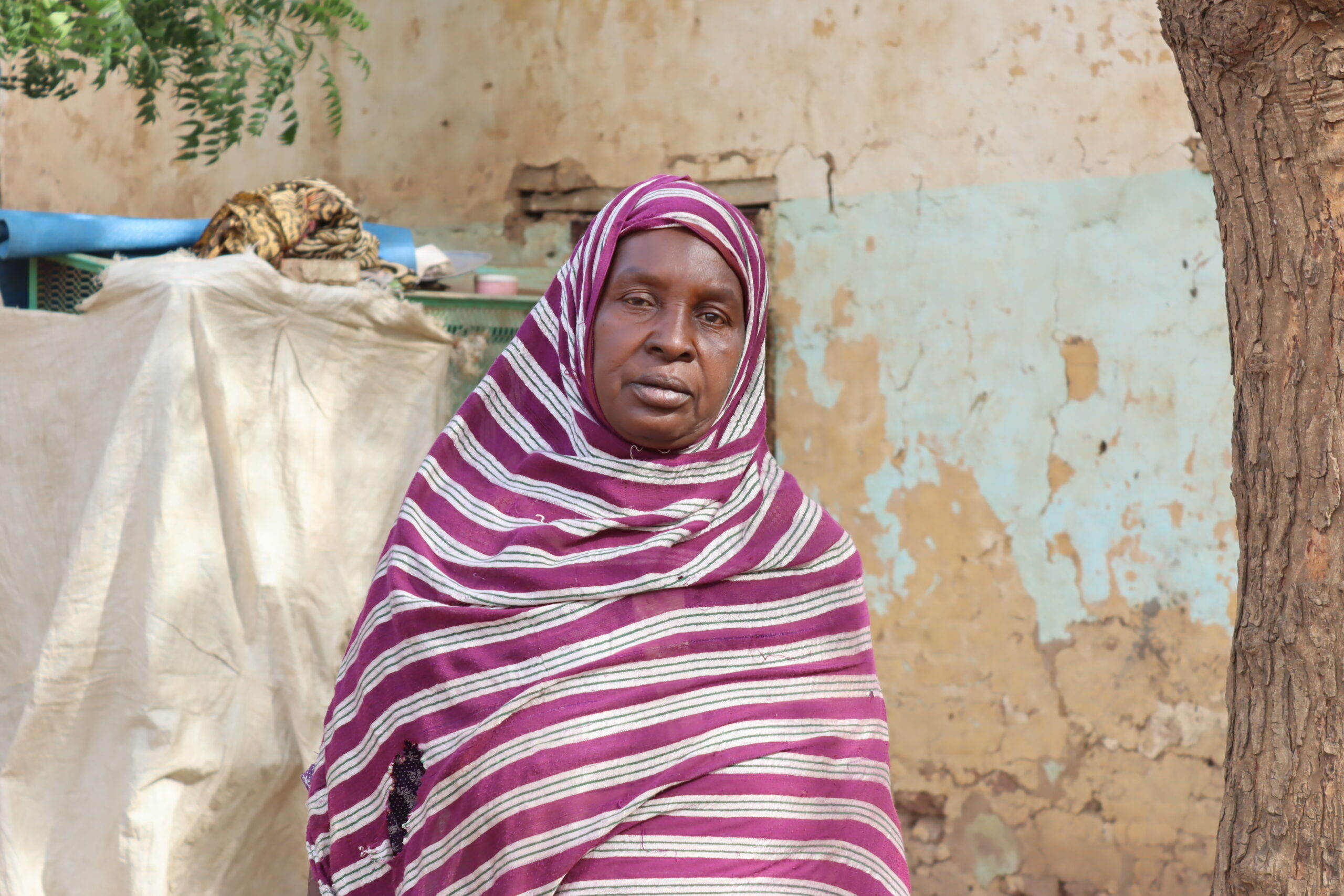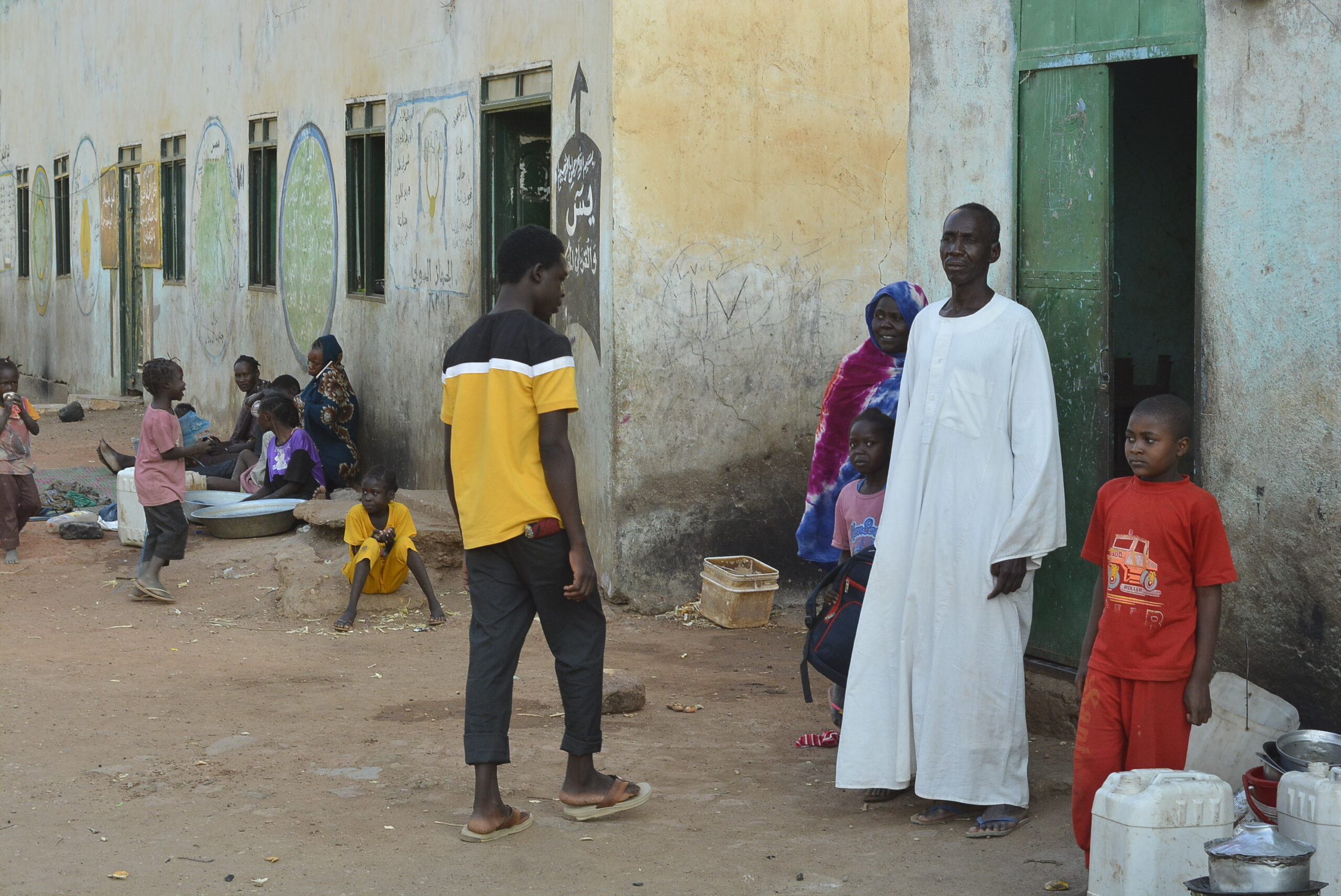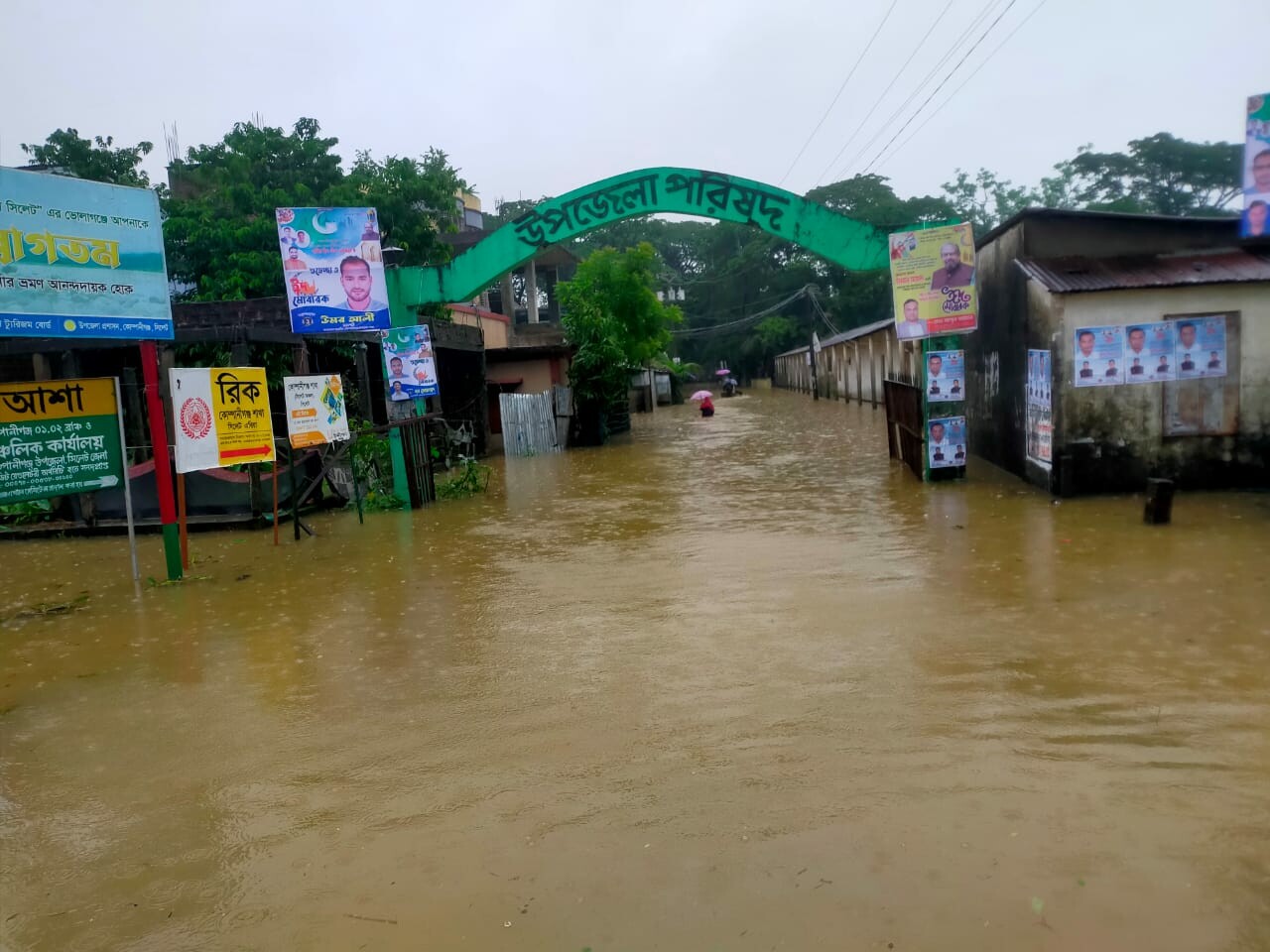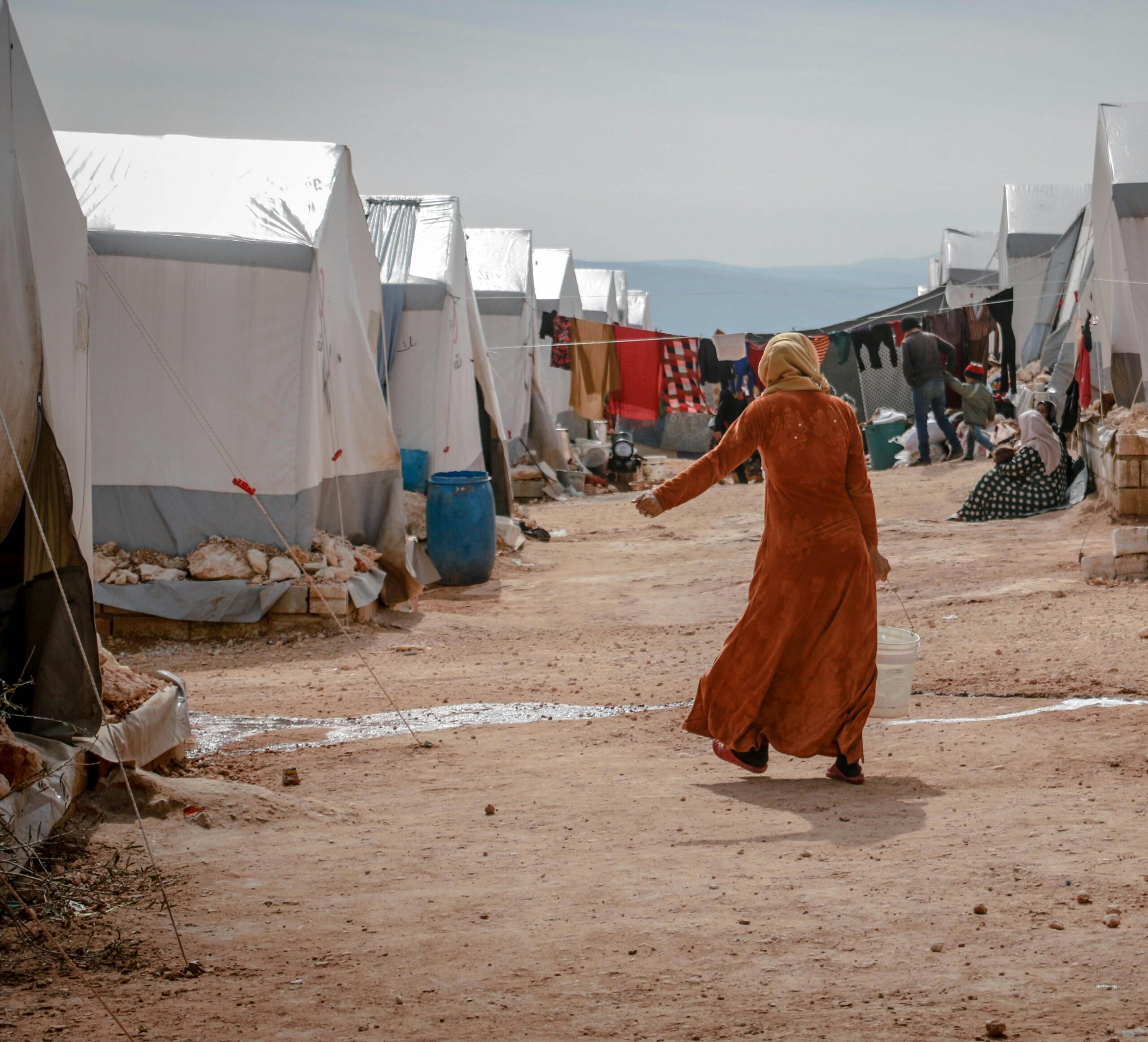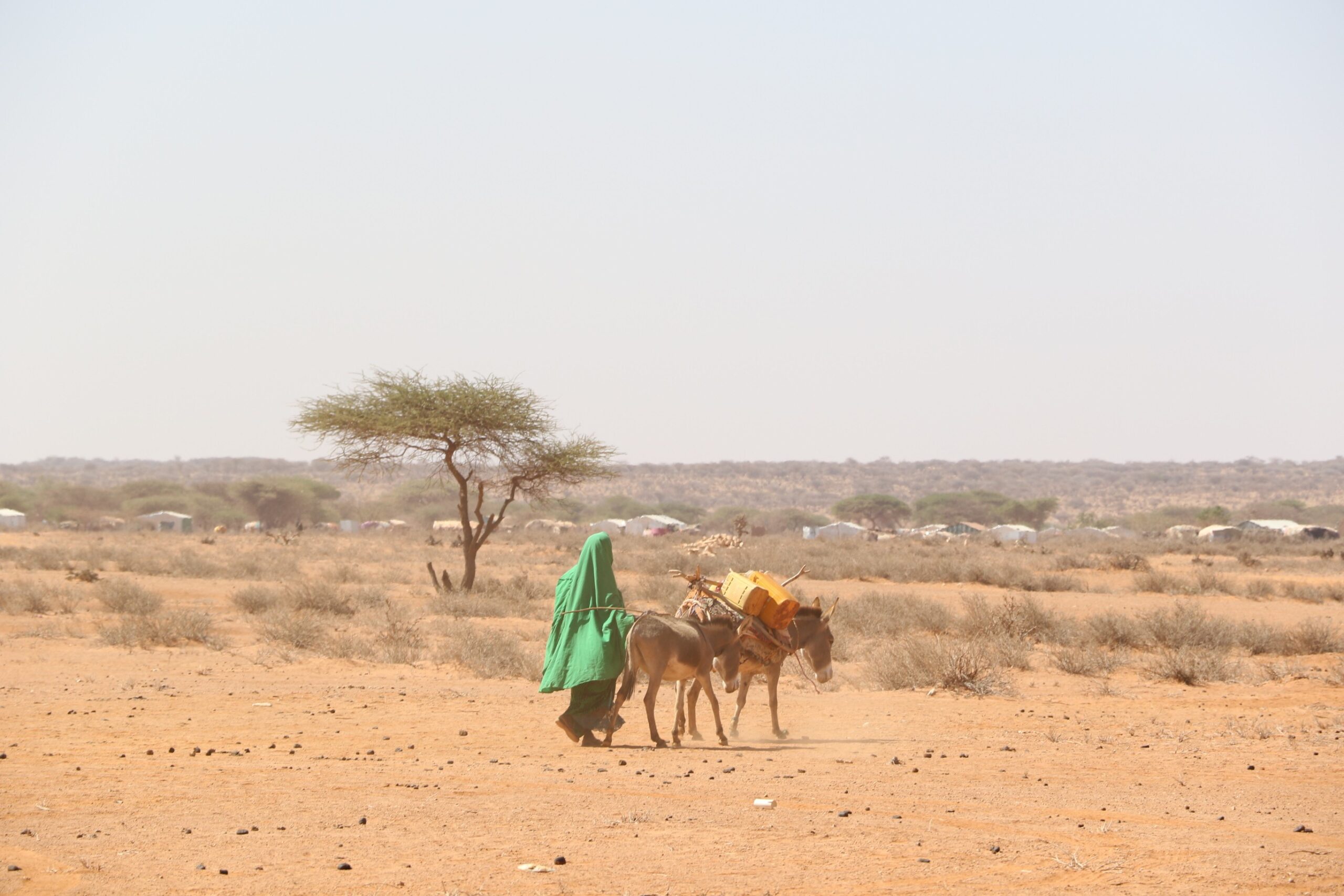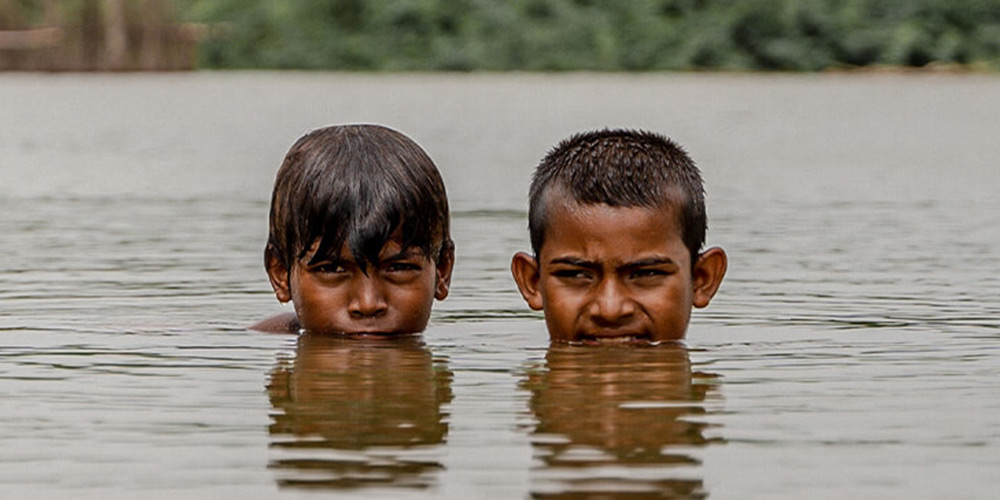
09.12.22
How Accelerating Climate Change Influenced Pakistan’s Disastrous Floods
Pakistan is suffering from its worst floods in living memory. The unprecedented deluge has engulfed communities, forcing millions of people from their homes, destroying water sources, and wiping out crops and livestock needed to feed families.
A staggering one-third of the country is said to be currently underwater, and 33 million people are affected, with the Balochistan and Sindh provinces and Khyber Pakhtunkhwa (KPK) being the worst hit. Families face dire conditions fleeing for safer areas on any high ground they can find, as rescue and relief efforts are impeded by a widespread power outage and thousands of flood-swept roads and bridges.
An unprecedented number of people need aid
The government has declared the floods a national emergency and appealed for international assistance. The scale of the disaster has overwhelmed the authorities, who are already struggling to mitigate the damage caused by the previous disasters this year’s summer presented.
June saw the rainy season begin early in Pakistan, becoming what its government later labelled a “monster monsoon of the decade”. In July, a heatwave baked the country, destroying orchards, turning fertile farms into barren lands, and triggering the rapid melting of glaciers – of which Pakistan has more than 7,000. Unusually intense monsoon rains saw glaciers burst, sending water surging into rivers, which burst their banks and deluged the land.
Now, in the aftermath of the floods, Pakistan’s shortages of food, water and energy will become even more acute. The health challenges are escalating, with hospitals and clinics damaged and life-threatening diseases including malaria and waterborne infections already on the rise.
The most vulnerable are worst hit
Heartbreakingly, it is Pakistan’s most vulnerable who will suffer the most. These are the families who have lost everything in these latest disasters. Whose children now face futures plagued by further uncertainty, devastation and inequality.
For the Pakistani people, climate change chaos is not just a threat – it has become a lived reality. Their country remains among the top 10 countries most vulnerable to climate change, according to the Global Climate Risk Index. A status caused by its susceptibility to a vast array of natural and human-induced hazards, which have caused numerous waves of internal displacement and internal migration, especially for the country’s poorest people.
There is a need for a whole-of-government response to prevent further crises
This disastrous season has been another eye-opener for our global community on the consequences of climate inaction. It is an ominous reminder of what humanity faces if immediate and dramatic steps are not taken to cut carbon emissions and restore ecosystems.
Countries that have added the most to climate change need to step up and support efforts to equip communities on the frontline of the climate emergency to adapt to its effects. It is unfair for Pakistan, a country that produces less than 1% of the world’s carbon footprint, to bear the brunt of irresponsible environmental practices elsewhere in the world.
Support for humanitarian efforts urgently needed
Countries like Pakistan, which are most prone to the negative impact of a changing climate, urgently need sustainable solutions that improve their resilience to climate change across all communities, regardless of income or status.
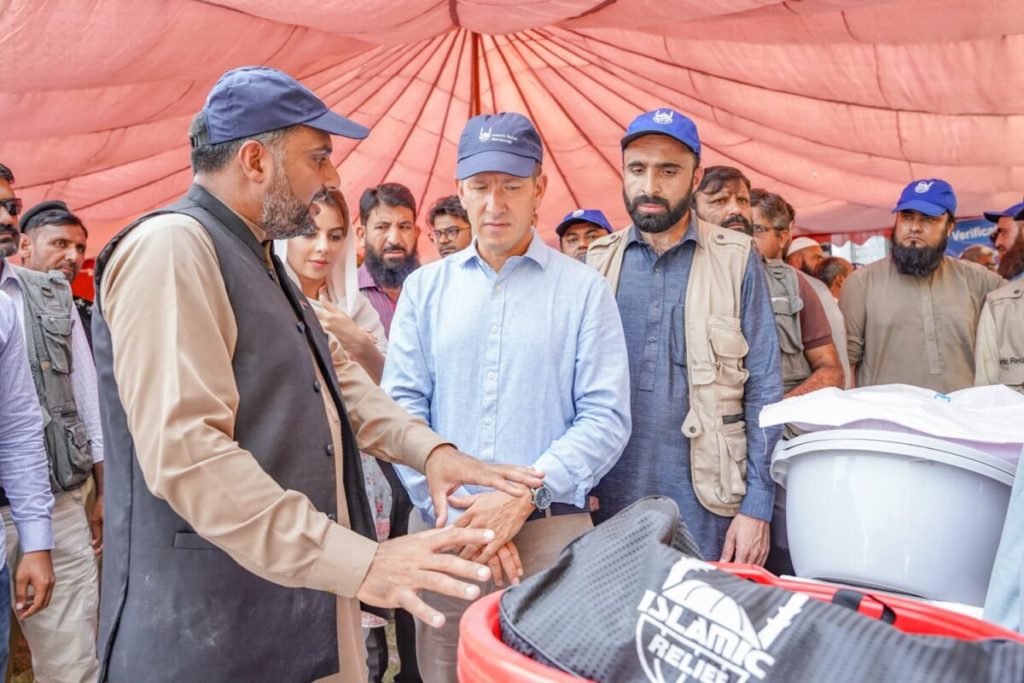
That’s why our emergency teams are on the ground right now, already working in Pakistan’s local communities to establish how best to support affected families, proving life-saving food, shelter, bedding, and hygiene items, as well as programs that provide long-term protection against climate change-induced disasters.
We need your help to save thousands of lives at risk in Pakistan
Islamic Relief is focused on helping affected communities recover from the disaster as quickly as possible. Our emergency teams are on the ground right now, working in local communities to establish how best to support affected families, who urgently need food, shelter, bedding, and hygiene items.

